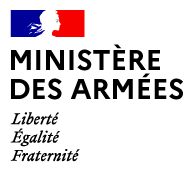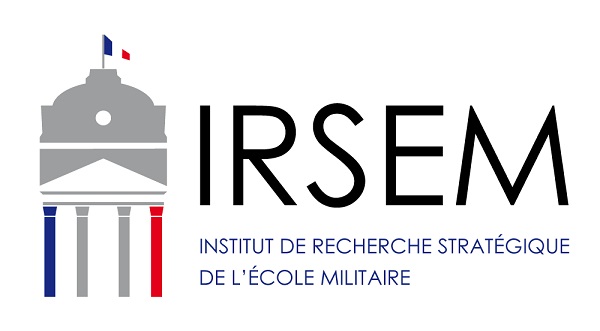IRSEM was delighted to host its first conference of the new academic year on September 7 with Wooyeal PAIK’s presentation of « NATO-AP4-Korea relations in flux ». IRSEM Director, Marjorie VANBAELINGHEM, and IFRI researcher Celine PAJON acted respectively as moderator and discussant.
Wooyeal PAIK, visiting fellow at IRSEM is an associate professor at the Department of Political Science and International Studies, deputy director, Yonsei Institute of North Korean Studies, and Director, Center for International Relations, Aerospace Strategy & Technology Institute at Yonsei University, Seoul.
His current studies focus on interactions between domestic politics and international relations as well as connections between Asia and the Euro-Atlantic area.
As the world witnesses a convergence between security actors from the Indopacific and Euro-Atlantic regions, Dr. PAIK explored NATO-AP4 tightening relations and mutual interests. He showed that those links are stronger and show the convergence of military, economic, and technological securities. He describes China’s extension in the Indopacific and Europe as a “starting point” which generated the need for Asian countries to deepen their relations with NATO member states, who they see as reliable.
The outbreak of the war in Ukraine was also a turning point, as it enabled Asian countries to establish themselves as key partners: it is the case of South Korea for instance, which has become a leading supplier of high-technology weapons for Poland, and Australia, which has been proactive in supporting Ukraine by sending weapons and equipment of all sorts. Against the old-fashioned worldview of “the west to the east”, Dr. PAIK argues that connections between the two regions are a two-way game in which each region influences and is being influenced by the other.
The case of NATO-Korea relations in 2023 is a vivid example: although Korea is a traditional economic partner for Europe, it now seeks to go beyond this existing cooperation and extend it to the technological and military spheres, as shown with the ratification of the ITPP (Individual Tailored Partnership Program) at the Vilnius summit. Moreover, although NATO indeed seeks to extend its cooperation with Asian partners, these partnerships are key to Korea’s agenda as well, namely to its security interests and international ambitions. Korea’s growing cooperation with Poland is a case in point.
Dr. PAIK showed that the Indopacific and the Euro-Atlantic regions are becoming increasingly intertwined. For instance, the world is currently keeping a close eye on developments in the relationship between Russia and North Korea. This is a good example of how the two areas are becoming increasingly intertwined. It also raises questions on Europe’s strategic autonomy as well as the EU’s position regarding NATO’s priorities and evolution. IFRI researcher Celine PAJON, who commented on Wooyeal PAIK’s presentation made a clear sum-up of what the AP4-NATO cooperation is and is not. She also pointed out the lack of consensus within NATO regarding China’s rise, and presented France’s strategy, explaining President Macron’s opposition to the opening of a NATO liaison office in Tokyo.
Wooyeal PAIK was able to answer questions from the audience, both from the Ecole Militaire and online. This led to a discussion on theoretical concepts, such as the security dilemma and power struggle, as well as current issues, such as France’s position, Polish domestic politics, Taiwan, China’s cooperation with the “global south”, and Japan-Korea bilateral relations.





